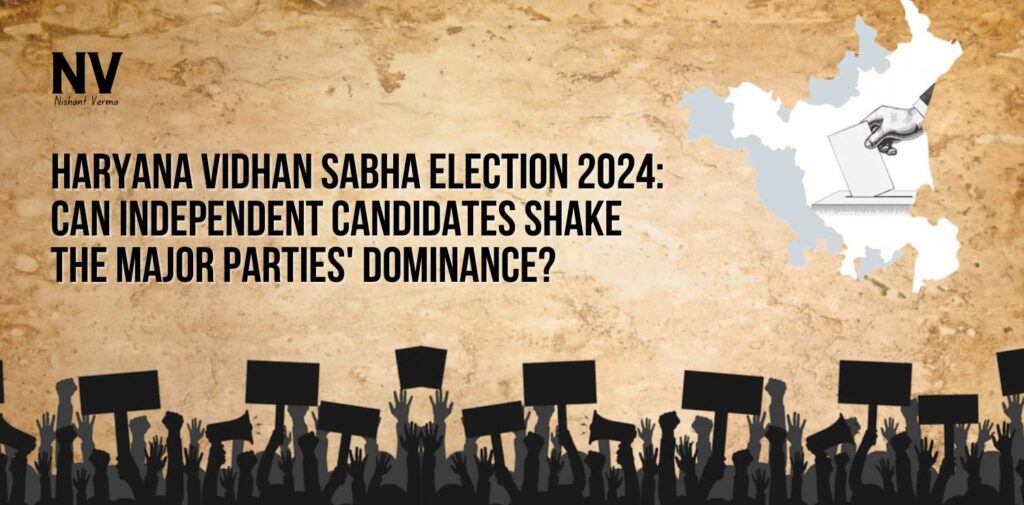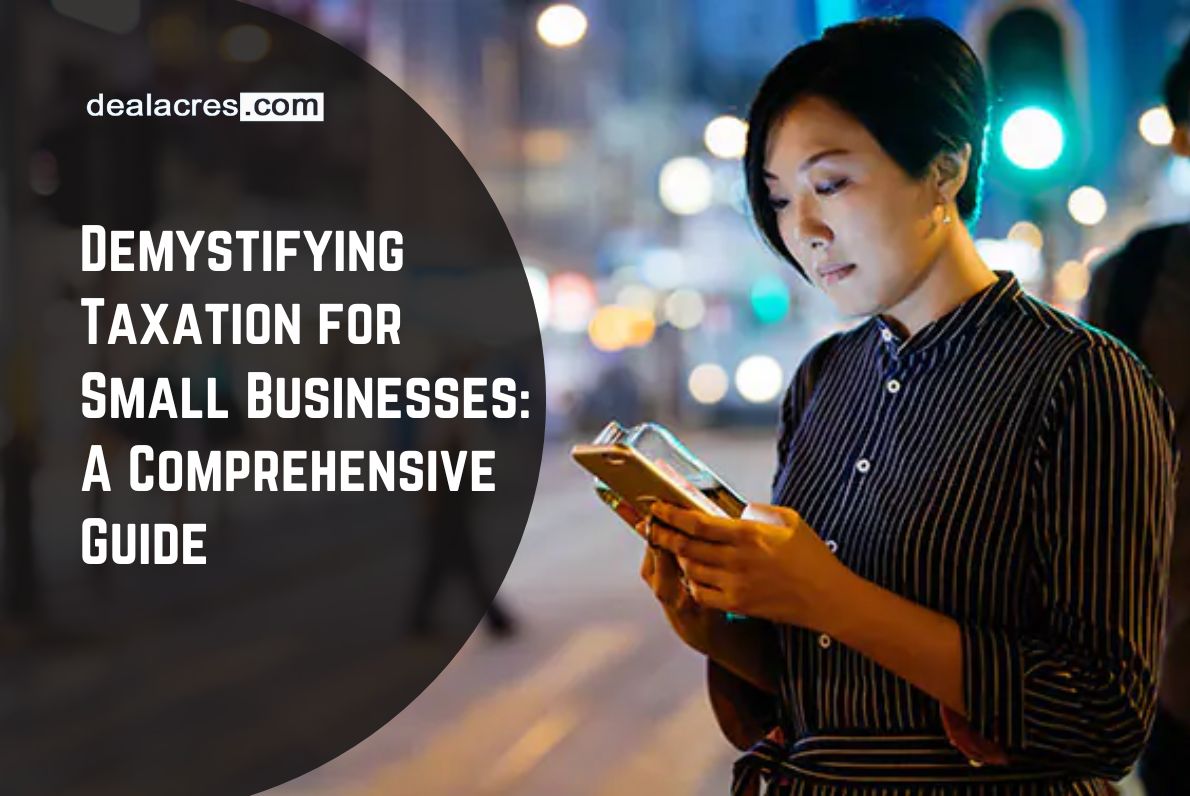As the 2024 Haryana Vidhan Sabha election approaches, there is a noticeable shift in the political landscape: a larger number of independent candidates are contesting than in previous elections. Historically, elections in Haryana have been dominated by major political parties like the Bharatiya Janata Party (BJP), Indian National Congress (INC), and the Jannayak Janta Party (JJP). However, the surge in independent candidates this time has raised an important question—Will the rise of independents affect the chances of any single party securing a clear majority?
In this article, we will explore how the increasing number of independent candidates could influence the election outcome, and whether they have the potential to change the course of Haryana’s political history.
Why Are More Independent Candidates Contesting in 2024?
One of the first questions that comes to mind is: Why are so many independent candidates running in the 2024 election?
Several factors contribute to this phenomenon:
Disillusionment with Major Parties: Many citizens, especially at the grassroots level, feel disconnected from the agendas of major political parties. Local issues often get overshadowed by national politics, leaving many voters frustrated. This sentiment has encouraged many aspiring politicians to contest as independents, believing they can better represent their communities.
Increasing Political Awareness: Haryana’s electorate is more politically aware today than ever before. Social media, news channels, and political discussions have empowered ordinary citizens, who now believe that they too can become political leaders, even without the backing of a party.
Frustration with Candidate Selection: In some cases, candidates who were denied party tickets chose to run independently. These candidates believe they have a strong local support base and don’t want to be sidelined by party politics. Their decision to contest independently could potentially split the votes that traditionally went to their former parties.
How Will Independent Candidates Affect the Election Outcome?
The main concern for voters and political analysts alike is: What impact will these independent candidates have on the election outcome?
In previous elections, major parties aimed for a majority by securing at least 46 out of the 90 seats in the Haryana Assembly. With the increase in independent candidates, the vote share could become fragmented. This fragmentation can have several consequences:
Vote Splitting: The more candidates there are in a constituency, the more the votes are likely to be divided. If two or three candidates from a major party are competing for the same voter base, it might allow an independent candidate with a smaller but loyal following to win.
No Clear Majority: If votes are divided among too many candidates, no single party may be able to secure the majority needed to form the government. This would result in a hung assembly, where coalitions or alliances become necessary.
Coalition Governments: In case of a hung assembly, political parties will need to form alliances with independent candidates or smaller regional parties to reach the majority mark. This gives independents a stronger bargaining position, and they may demand key ministerial roles or policy concessions in exchange for their support.
Are Independent Candidates a Serious Threat to Major Parties?
This leads us to another critical question: Can independent candidates actually defeat the major political parties?
While it’s true that independent candidates have historically struggled to win a significant number of seats, the political dynamics in Haryana are changing. Here are some reasons why independent candidates might fare better in 2024:
Local Popularity: Many independent candidates enjoy strong local support, especially in rural constituencies. Voters might prefer a candidate who is more accessible and who they believe will focus on local issues, rather than a party-backed candidate who may prioritize the party’s broader agenda.
Voter Fatigue with Established Parties: Many voters are growing tired of the promises made by major parties that go unfulfilled. Independent candidates can present themselves as a fresh alternative, unburdened by party politics and the legacy of broken promises.
Strategic Campaigning: Independent candidates, especially those with a strong local presence, are likely to run very targeted campaigns. They may focus on hyper-local issues, engaging directly with their constituencies, something large parties might overlook.
That being said, it remains to be seen whether independents can challenge the well-funded and resource-rich campaigns of major political parties. While some may win individual seats, it’s unlikely that independents will secure a large number of seats across the state.
Will Independent Candidates Create a Hung Assembly?
A major concern for the electorate is: Could the rise of independent candidates lead to a hung assembly?
The answer is quite possibly, yes. If a significant number of independent candidates manage to win in key constituencies, it could prevent any single party from securing a clear majority. In such a scenario, Haryana could see one of the following outcomes:
Coalition Governments: Major parties like the BJP or Congress may have to form coalitions with independent candidates or smaller regional parties. These coalitions can be unstable, as independent candidates may have differing agendas and priorities.
Political Instability: Hung assemblies often lead to political instability. Without a clear mandate, governments may struggle to push through legislation, and policy-making can become a slow and difficult process. Moreover, the government may have to appease various independent legislators, leading to compromises that may not benefit the state as a whole.
Frequent Elections: If no stable coalition can be formed, the state may face frequent elections, which can disrupt governance and create uncertainty for citizens and businesses alike.
How Should Voters Approach the 2024 Election?
Given the unique dynamics of this election, voters in Haryana might be asking: How should we vote in such a fragmented political landscape?
Here are a few considerations:
Evaluate the Candidate, Not the Party: With so many independent candidates, voters should focus on the individual’s ability to deliver on local issues. Sometimes, a strong independent candidate might be better suited to address specific community concerns than a party-backed candidate who has broader responsibilities.
Think About Long-Term Stability: While voting for independent candidates might feel like a rebellion against established parties, voters should also consider the potential consequences of a fragmented assembly. A coalition government may lead to slower decision-making, and voters should weigh whether this is a risk they are willing to take.
Demand Accountability: Whether voting for a party-backed candidate or an independent, voters should demand accountability. Candidates should present clear plans for addressing local and state-wide issues, and voters should ensure that these plans are realistic and actionable.
Conclusion: Will the 2024 Haryana Election Bring a New Era of Independent Politics?
The 2024 Haryana Vidhan Sabha election is shaping up to be one of the most unpredictable in recent memory. With a growing number of independent candidates contesting, voters have more options than ever before. However, this increase in choices also comes with the risk of a fragmented assembly and the possibility of political instability.
While it remains to be seen whether independents can truly challenge the dominance of major parties, their growing presence signals a shift in the political mindset of Haryana’s electorate. Whether this will lead to a more inclusive and accountable government, or simply complicate the formation of a majority, is something that only time will tell. For now, voters in Haryana must carefully weigh their options and consider both the short-term and long-term implications of their choices as they head to the polls in 2024.




